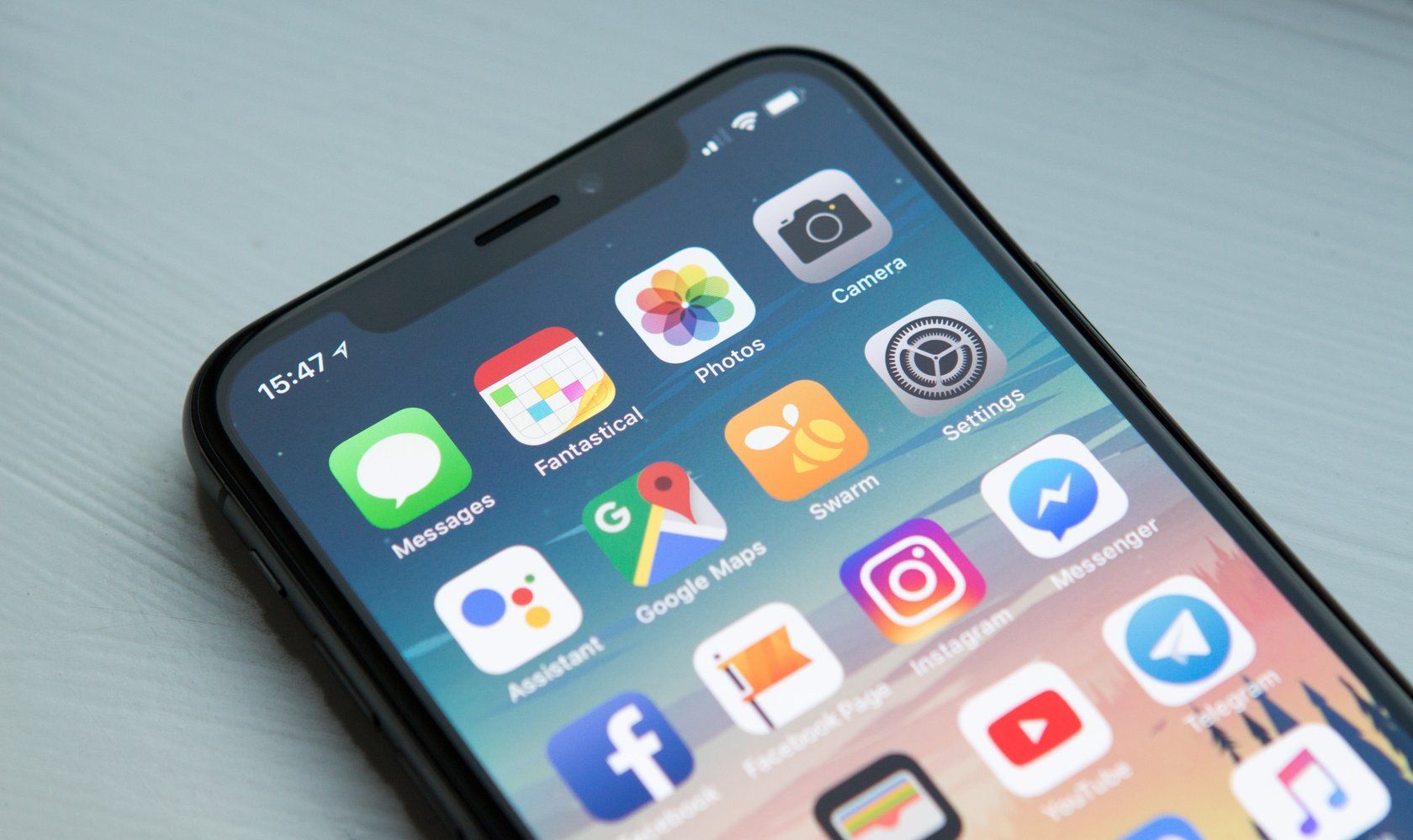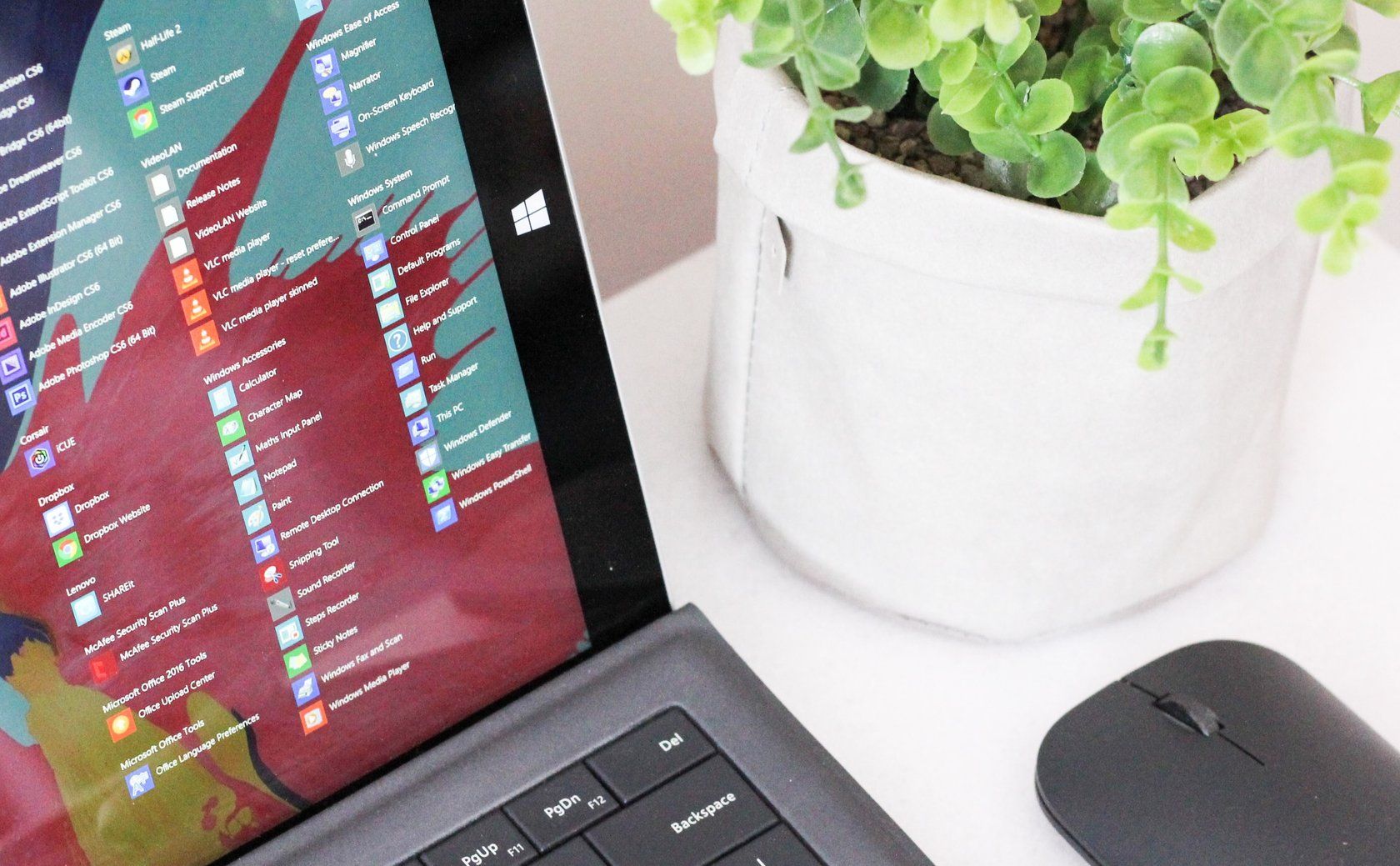There are many things you can buy to try to improve your security, but there's one thing you can do that's absolutely free. Install less stuff!
Whether you're using a smartphone or a desktop rig, here's how filling your devices with fewer apps can help protect your data.
1. You Have a Smaller Attack Surface
When you first set up your device, there's a good chance a company has put a great deal of effort in to making sure it's secure. Such companies may violate your privacy by tracking what you do with the device or where you take it, but they genuinely don't want someone else having the ability to access your machine without your permission.
Out of the box, the only programs an attacker can target are those that come pre-installed on your machine. If you stay on top of updates, this can be a hard task. But once you install more programs, that opens more potential doors to your device. An exploit that only targets Microsoft Outlook or Adobe Acrobat Reader doesn't impact you if you've never installed either program.
Viruses or malware can also seek out specific programs to target. Sure, you can use a virus scanner to beef up your defenses, but you can be even safer by never putting these programs on your computer if you don't need them.
2. You Expose Yourself to Less Tracking
A smartphone is a mobile tracking device. Let's consider Android, since it's the most common mobile operating system. If you purchase a new phone and grant Google access to everything the company asks for during the setup process, Google can learn a lot about you.
When you open the app store, you open the flood gates. Much (if not most) of the software in the Play Store attempts to track you in some way. Many require you to create an account. Others come with ad networks. A large number collect information about you and sell this data to others. You may have started with only sharing data with Google and your phone company, but that can quickly expand to include dozens of other entities. Maybe even hundreds.
It's possible to use Android in a private way, but that's not how the overwhelming majority of phones are set up. Making that shift involves having a certain awareness of the problem and a willingness to do without the majority of well-known apps.
iPhones are more private out of the box, but that privacy goes away as soon as you start filling your phone with apps. The iOS version of Facebook may collect less data than the Android version, but you still provide Facebook with oodles of information about you every time you use the service.
3. Fewer Accounts That Can Be Compromised
These days, it's not the code running on our devices that's exposing us to the most risk. It's the code on other people's machines. A data breach can result in millions of us having our credit card numbers spread across the web. Stolen passwords can grant someone access to cloud storage accounts, where they can get see our most intimate photos and documents.
If you don't use cloud storage, then someone can't access data in your cloud storage account. It's that simple. If you aren't on Facebook or Twitter, then someone can't manipulate you there. If you aren't looking to social media or online dating services for companionship, there's reduced chance of someone worming their way into your heart in order to steal money.
Gaming isn't an exception here. Gaming accounts can still leave your email address, passwords, and credit card information up for grabs. Some people are willing to go after other people's online accounts wherever they can find them.
4. Less Software to Keep Up-to-Date
Malicious folks can utilize vulnerabilities in software to gain access to your computer. Software makers don't know all the ways their programs are vulnerable ahead of time, but they often release updates with safety patches as vulnerabilities come to light.
When you install more apps, you increase the chance of installing a vulnerable piece of software. Each new app is another program you need to keep updated to reduce your risk.
Some apps may have vulnerabilities that never get fixed. Then you're stuck with a program you might love or depend on but will have to accept ongoing risk in order to use.
5. Reduced Risk of Installing Malware
If you're in the habit of installing a bunch of apps, you may be inclined to give each app less scrutiny. You don't know what files each app is leaving around on a corner of your machine you never see. And you may install a malicious app disguised as something perfectly innocuous.
You won't immediately know that you've install a harmful program. Consider mobile photo editors that quietly mine your phone for personal information about you. These apps are scams, in a sense, but they are also still legitimate photo editing apps. They may deliver on their promises; they just come with the intent to suck up your data.
Other software might turn your PC into a cryptomining rig. You then suffer decreased performance and potentially higher electricity bills... without receiving any of the cryptocurrency yourself!
On rare occasions, the server that distributes app updates can end up compromised, delivering a malicious version of an app out as a false update. Such fake updates can install ransomware that locks your screen and prevents you from accessing your computer, encrypt your files for extortion, or exploit you in any untold number of ways.
A Minimalist Approach Helps You Stay Safe
You may have already heard a bunch of tips to improve your digital security. Install an antivirus program. Use a free and open source web browser like Mozilla Firefox. Protect your network traffic with a VPN. Switch to an encrypted email provider and use an encrypted messenger.
But what you choose not to use can also go leaps and bounds to improve your security, on and off the web.



